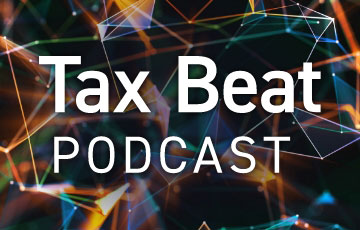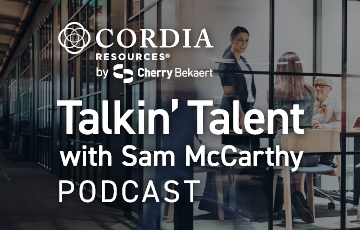Discover how the Inflation Reduction Act (IRA) has revolutionized renewable energy tax credits, allowing them to be transferred or sold to qualified buyers, including private equity fund managers. This tax credit development offers a streamlined approach for taxpayers to monetize energy tax credits and a significant tax planning opportunity for private equity funds and their portfolio companies.
Learn about innovative deal structuring alternatives and the impact of these new rules on the private equity industry.
Learning objectives:
- Overview of the transformative impact of the IRA
- Explanation of opportunities provided by the IRA
- Discussion on private equity’s interest in purchasing energy tax credits
- Insights into the current status and availability of the credit transfer market
- Importance of buy-side due diligence in credit transfers
Related Insights
- Article: IRS Announces Notice 2024-36 and Round Two of Section 48C Allocations Timetable
- Webinar: The Developing Market for the Purchase and Sale of Clean Energy Tax Credits
- Webinar: Navigating the Impact: Inflation Reduction Act of 2022 Update
- Article: Factors to Consider When Seeking Cost Segregation and Section 179D Study Service Providers
View All The Drawdown Podcasts




